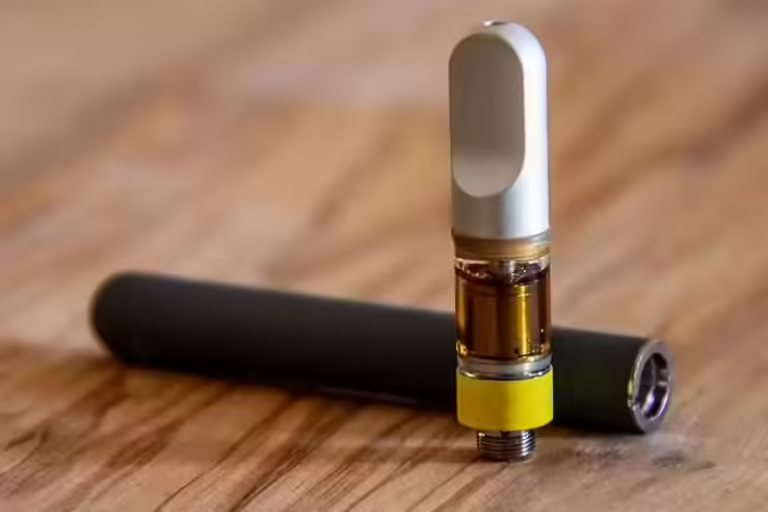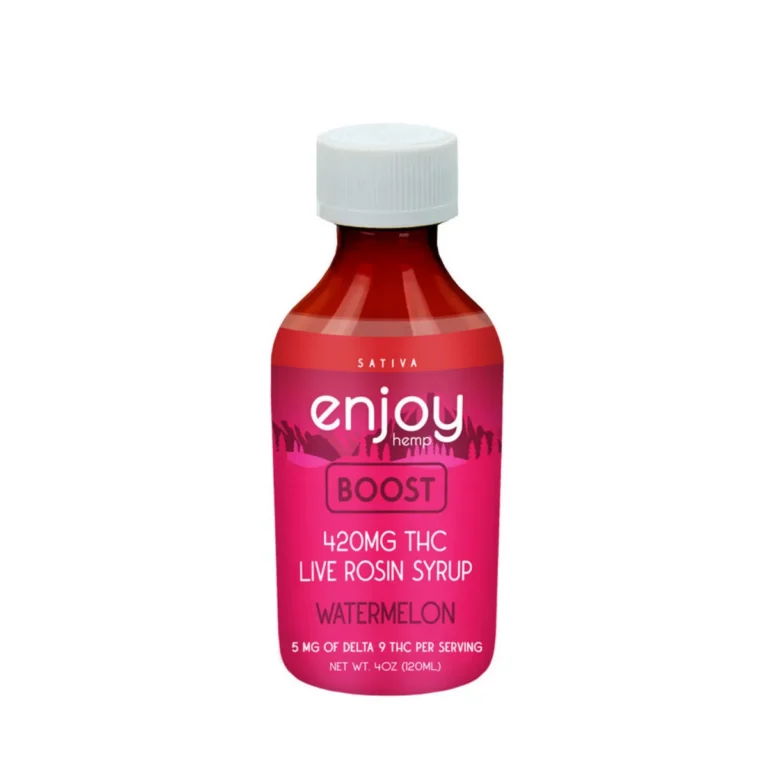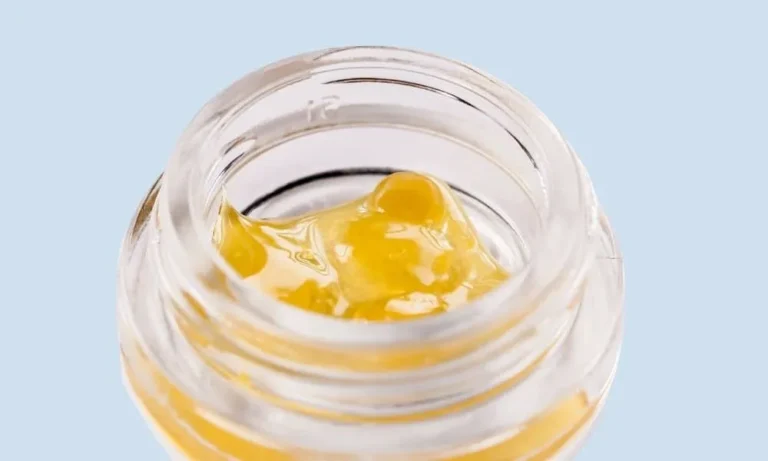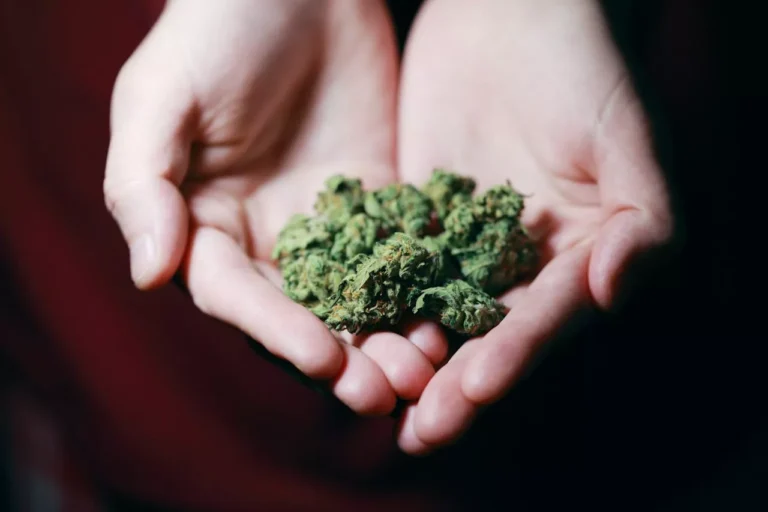Delta 9 And Caffeine
The connection between cannabis and everyday stimulants has become an exciting area of study as the cannabis industry continues to grow. A particularly intriguing pairing is Delta 9 THC, the main psychoactive component of cannabis, with caffeine, the world’s most popular stimulant. Exploring how Delta 9 THC and caffeine interact can provide valuable insights into their combined effects, offering useful information for both recreational users and researchers alike.
Delta 9 THC, or delta-9-tetrahydrocannabinol, is known for its ability to produce feelings of euphoria, relaxation, and altered perception. It affects the body’s endocannabinoid system by binding to CB1 receptors in the brain, resulting in its well-known psychoactive properties. In contrast, caffeine, a natural stimulant found in coffee, tea, and other beverages, works by stimulating the central nervous system. It blocks adenosine, a neurotransmitter that promotes relaxation, which in turn boosts the activity of dopamine and norepinephrine, leading to heightened alertness, reduced tiredness, and increased energy levels. Understanding the combined effects of these two substances can provide deeper insights into their potential synergies and interactions.
The combination of Delta 9 and caffeine is intriguing due to the contrasting nature of their effects. Delta 9 THC is known for promoting relaxation and, in larger doses, can cause drowsiness, whereas caffeine is famous for its ability to increase alertness and energy. When used together, the interaction between Delta 9 and caffeine creates a unique experience that some users find appealing.
For many, the goal of combining Delta 9 and caffeine is to strike a balance between THC’s calming, psychoactive effects and caffeine’s energizing, stimulating properties. This pairing can result in a more balanced and enjoyable experience for those seeking both relaxation and alertness.
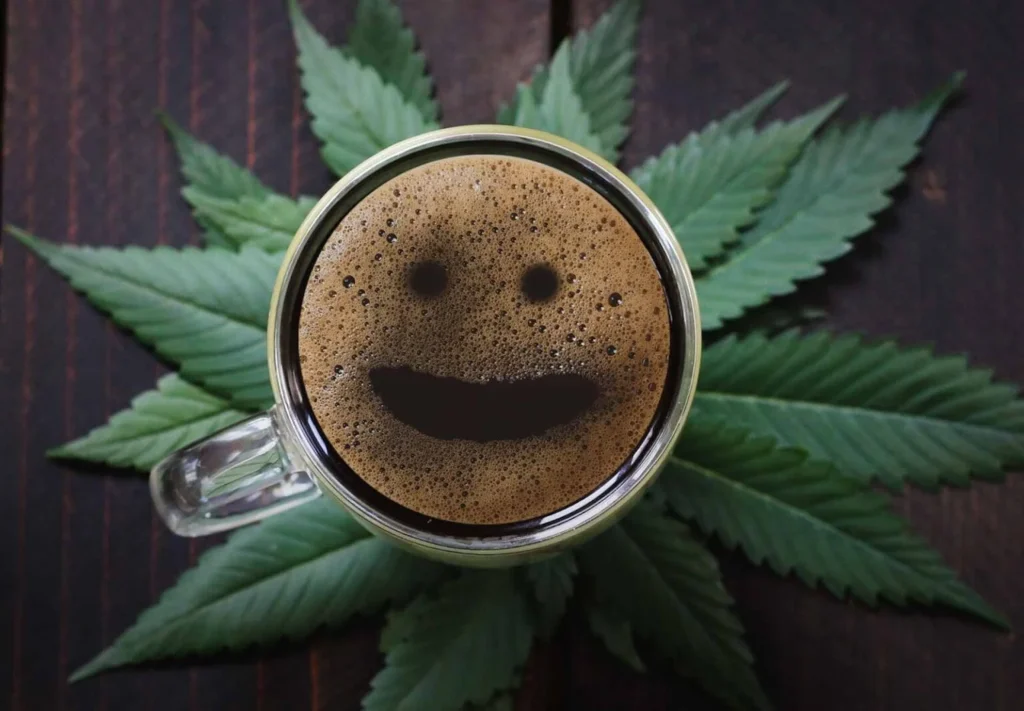
This combination may offer a more balanced high, especially for those who find the sedative effects of Delta 9 THC to be too strong. For example, pairing a Delta 9-infused beverage with a cup of coffee could create a harmonious blend of relaxation and alertness. This approach can be especially appealing in social settings or during creative activities where maintaining mental clarity while enjoying the calming effects of THC is desired.
The interaction between Delta 9 and caffeine is complex and varies from person to person. Individual responses to this combination can be influenced by factors such as tolerance, metabolism, and sensitivity. Some users may find that caffeine amplifies the effects of Delta 9, leading to enhanced euphoria and a more intense overall experience. On the other hand, others might feel heightened anxiety or restlessness, as caffeine’s stimulating properties could intensify the psychoactive effects of THC. Understanding your own reactions to both substances is essential when experimenting with their combination.
The potential therapeutic applications of combining Delta 9 and caffeine are also worth noting. Caffeine’s stimulating effects may counteract some of the cognitive impairments caused by high doses of Delta 9, such as short-term memory issues or reduced focus. This could be beneficial for medical cannabis users who rely on Delta 9 for pain relief or other conditions but need to stay alert and functional throughout the day. Additionally, caffeine’s ability to reduce the sedative qualities of Delta 9 may help those using cannabis to manage symptoms of depression or fatigue.
Combining Delta 9 and caffeine should be approached carefully. As with any substance, moderation is key, and starting with smaller doses can help minimize unwanted side effects. Timing is also critical, as caffeine’s stimulating impact can last for hours and may disrupt sleep if consumed too late in the day.
The interaction between Delta 9 and caffeine opens up a unique area of cannabis use, offering the potential for a balanced experience that blends relaxation with alertness. This combination may have both recreational and therapeutic benefits, but individual responses can differ significantly. It’s important to approach this pairing with mindfulness and caution. As the cannabis industry continues to evolve, further exploration of how Delta 9 interacts with everyday substances like caffeine will likely provide deeper insight into the wide-ranging effects and applications of cannabinoids.


